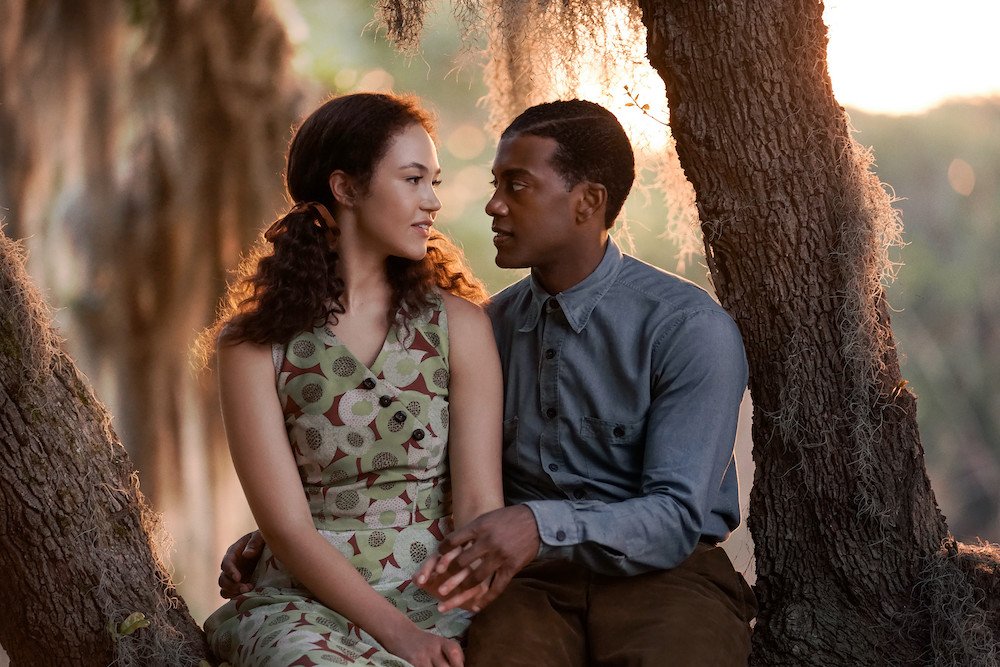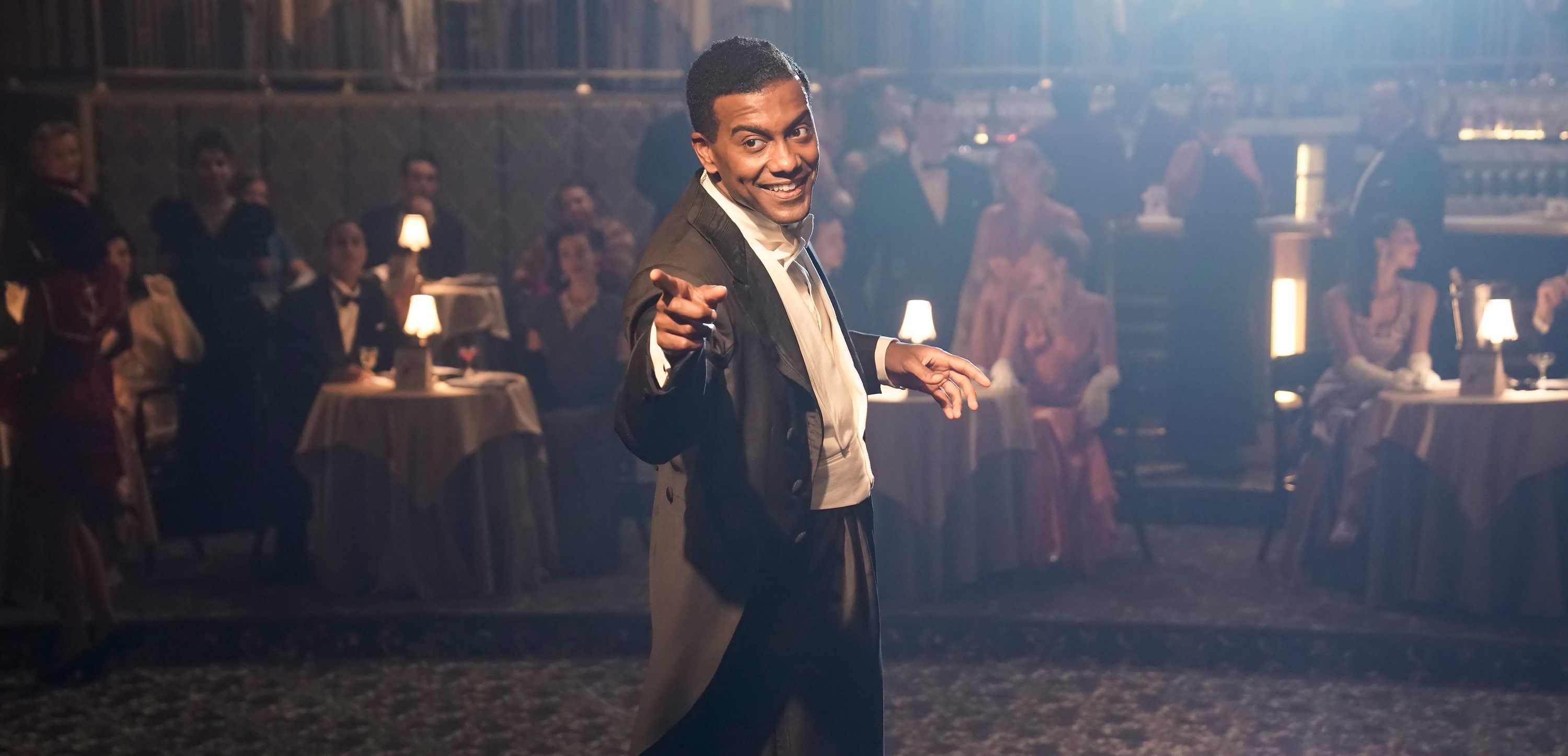Netflix’s ‘A Jazzman’s Blues’ follows the story of a doomed romance between Bayou and Leanne. Despite their deep love for each other, they find themselves in situations that make it impossible for them to end up together. The movie revolves around their forbidden romance and the price they have to pay for pursuing it. The story takes a lot of turns, most of them heartbreaking, and the title aptly portrays that emotion, giving the audience a hint of what to expect before they are introduced to Bayou and Leanne. If you are wondering what ‘A Jazzman’s Blues’ title means and how it fits into the grander scheme of the story, then here’s what you should know about it.
A Jazzman’s Blues Meaning, Explained
Tyler Perry’s ‘A Jazzman’s Blues’ is a lot of things at once. It is a story about hatred as much as it is about love. It is a period drama that very strongly resonates with contemporary times. It is the story of two ill-fated people who can’t let go of their hope, despite all the hurdles placed in their path. Amidst these contrasting parts of the film, music remains the one thing that strings everything together, and that’s where the title comes into play.

Jazz is one of the most important parts of the film, driving the key elements of the story. Throughout Bayou’s life, no matter what struggles come along his way, music remains the one consistent thing that he can always lean on. For writer-director Perry, the importance of music in his own life is what found its way into his protagonists. “In moments of sadness, there was always music; and in moments of great happenings, there was always music and laughter and joy,” he said.
A lot of bad things happen to the characters in the film. Living as a black person in the Jim Crow era meant that their safety was hanging by a thread. In an environment where anything could easily be turned against them, lighting the fuse of a mob fuelled by hatred, Perry wanted his characters to have something that they could turn to as a reprieve. In the movie, Hattie Mae’s juke joint becomes that place. “It was a place of release, and you could really let go and let the music take your body. It was very important to me that the characters got a chance to have their safe place,” Perry explained.
Apart from its clear connection to jazz, the title also hints at the many ups and downs in Bayou’s life. The term “blues” represents the genre of music as well as the heartbreaking things that happen to Bayou. Perry was very specific about focusing on all the hardships that a black man in the 40s had to face living in a highly racist environment. Even before he falls in love with Leanne and faces the wrath of the world, Bayou’s life was marked by lovelessness. His father and brother treated him as an outcast, which further dictates the arc of his story towards the end.
In writing all of this, Perry wanted to create something that his audience, irrespective of their race, could relate to on different levels. Because so many things happen in the story and several issues are explored in its telling, the title needed to represent its core, and ‘A Jazzman’s Blues’ serves that purpose very well.
Read More: Is A Jazzman’s Blues Based on a True Story?


You must be logged in to post a comment.